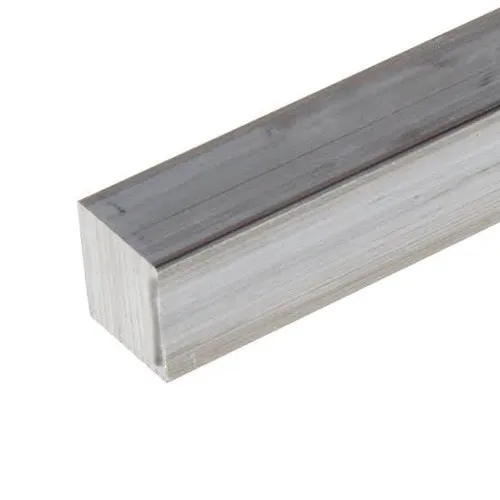Stainless Steel 316TI Square Bars
Stainless Steel 316TI square bars manufactured by Ferrobend offer superior performance, exceptional durability, and high resistance to corrosion and high temperatures. These bars are essential in industries ranging from chemical processing to aerospace and construction. Ferrobend’s commitment to quality, customer satisfaction, and reliable delivery makes it the preferred choice for businesses that require high-quality stainless steel products. With advanced manufacturing processes and a focus on precision, Ferrobend ensures that its Stainless Steel 316TI square bars meet the highest industry standards.

Stainless Steel 316TI square bars are used in power plants, including nuclear facilities, where durability and resistance to high temperatures are essential. The material is used for components like heat exchangers, reactor internals, and steam generators.
The alloy's aesthetic appeal, combined with its resistance to corrosion, makes Stainless Steel 316TI square bars an excellent choice for architectural and construction applications. These include railings, supports, frames, and decorative elements. Stainless Steel 316TI is particularly resistant to saltwater corrosion, which makes it the material of choice for marine environments. Square bars are used in shipbuilding, offshore oil rigs, and other marine applications where corrosion resistance is critical.
Ferrobend has established itself as a leading manufacturer and supplier of high-quality Stainless Steel 316TI square bars. With years of expertise in the industry, the company has developed a reputation for delivering premium products that meet international standards and customer specifications.
Stainless Steel 316TI is an alloy known for its excellent resistance to corrosion, high strength, and the ability to withstand extreme temperatures. The "TI" in 316TI stands for Titanium, an element added to enhance the alloy's strength and prevent sensitization. Sensitization is a process that occurs when stainless steel is exposed to temperatures in the range of 450–850°C, leading to the formation of chromium carbides at the grain boundaries, which can reduce corrosion resistance.
